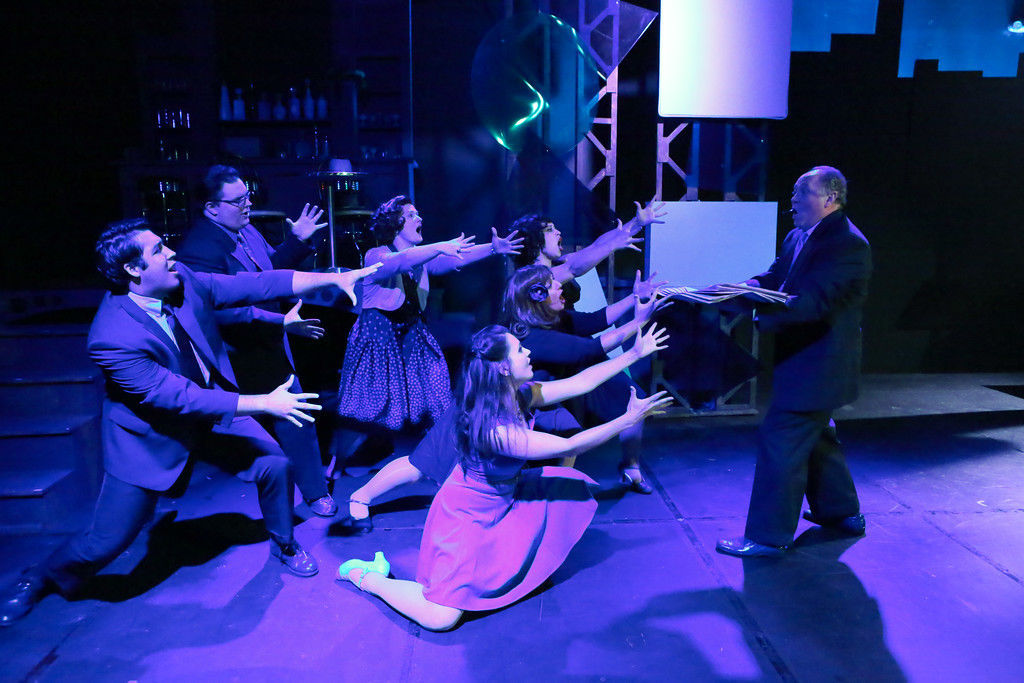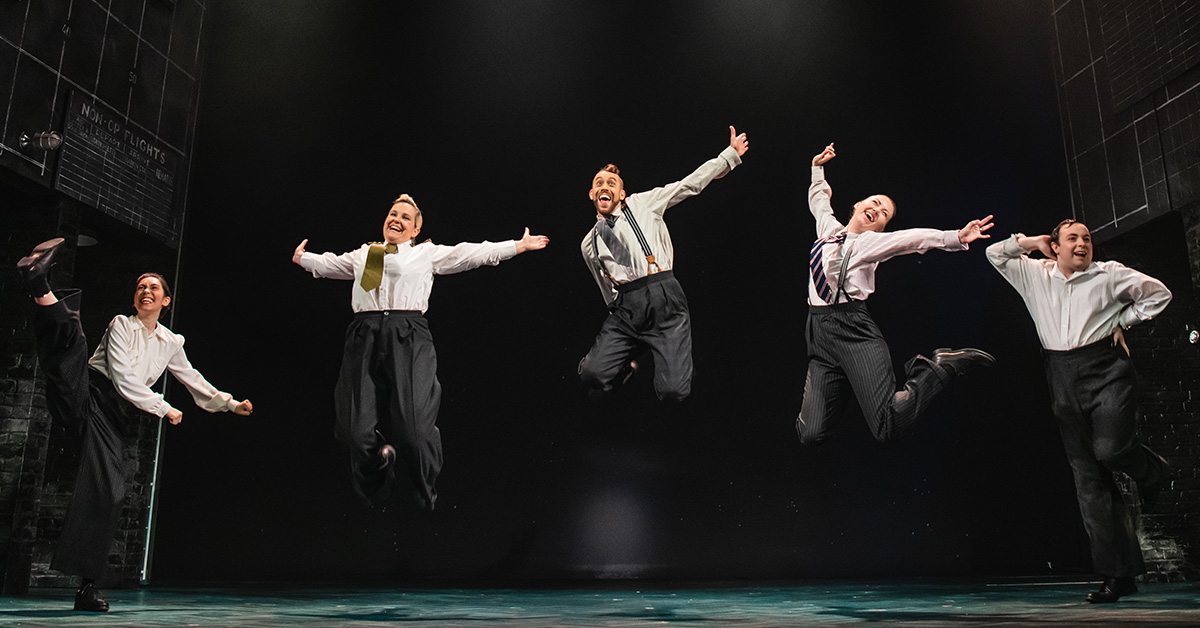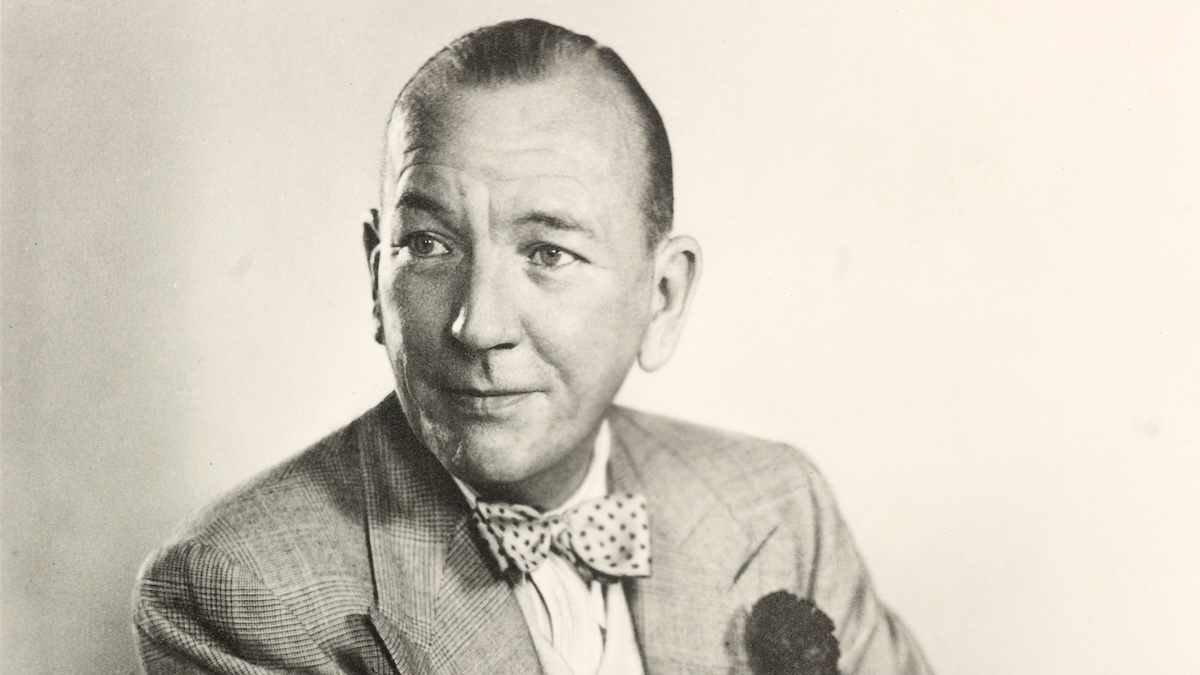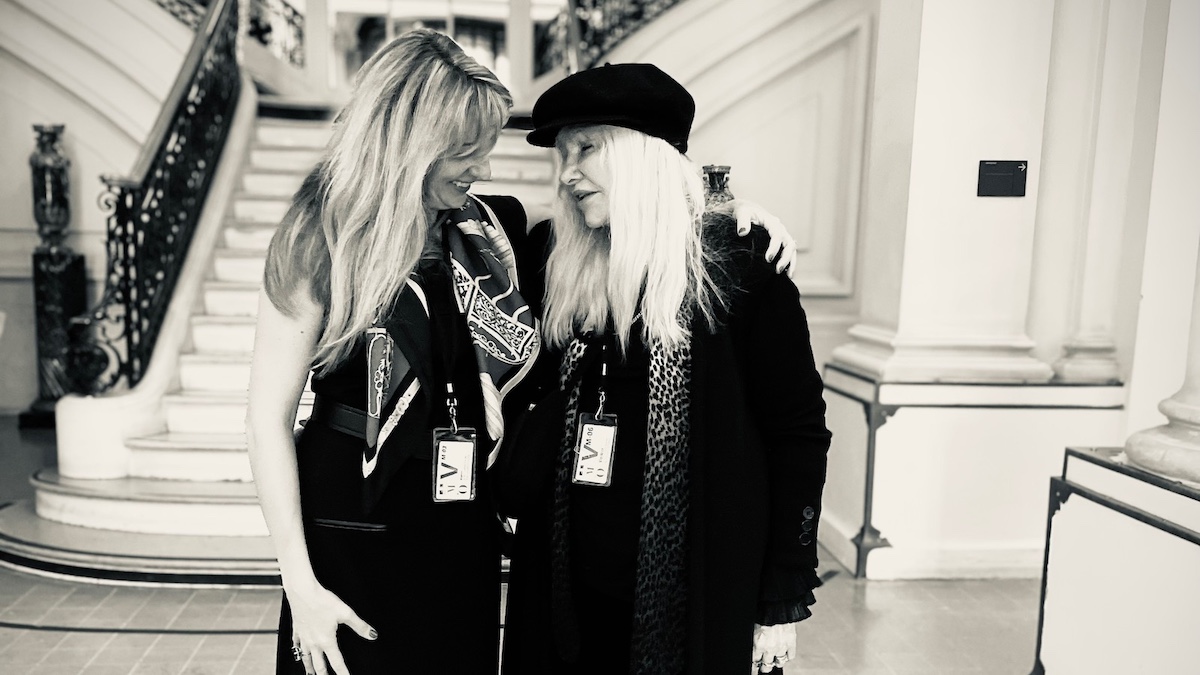
I had seen Sweet Smell of Success on Broadway in 2002, and I really loved it. When I started actively working on it, I learned a lot of things I hadn’t realized just watching it. The music is almost as continuous in Sweet Smell, but while many musicals are intensely emotional, Sweet Smell is cold as ice. Sure, emotions occasionally erupt in this story, but most of these character are icy, calculating cynics. It’s a very different kind of musical.
J.J. and Sidney are weirdly parallel to George and Martha in Who’s Afraid of Virginia Woolf?, with the rest of the human race as Nick and Honey. They humiliate each other, study each other, admire each other, fear each other, hurt each other, and yes, love each other. They see a kindred spirit in each other, and they leave nothing but destruction in their path. But we also realized that J.J. is parallel to both Sweeney Todd and Judge Turpin, both the vengeful obsessive, but also the creepy guardian to a damaged, young woman.
The real tragedy of this story is that Susan and Dallas (and Rita) are just normal people who feel normal human emotions, but they’re surrounded by emotional pod people in J.J., Sidney, Madge, Kello, and the others, devoid of empathy. The only thing Sidney ever feels is fear.
A few of my big takeaways –
First, this show is a double Faust story. Sidney sells his soul to J.J., but Sidney never really had much of a soul to begin with. But Susan sells her soul to Sidney, which is the real tragedy. The minute she decides she will lie and manipulate like everybody else, she assures tragedy.
Second, actors and directors love high stakes in a story. It gives the actor something really juicy and dramatic to chew on, and it give the audience the most compelling reason to engage. And Sweet Smell of Success has impossibly high stakes. Either Sidney’s entire future is destroyed or Susan’s is. There’s no compromise possible, no win-win scenario.
Third, Susan is the true protagonist of this story. She’s the only character who makes choices, who chooses her own path, and who learns and grows by the end.
Fourth, this isn’t just a drama; it’s a thriller, and it leaves an audience breathless.
Sweet Smell is fundamentally film noir, or as I’ve been calling it “jazz noir” (which I discovered is actually a thing, although it has a bunch of different meanings). Film noir is economical, minimalist, austere, almost self-aware. It’s not about emotion. So cool, detached jazz is the perfect musical language for these people.
But musicals are about emotion, right?
The beauty of Sweet Smell is that there are powerful emotions at play here, but only among Dallas, Susan, and Rita, and they get, lush, rich music to express that emotion, in “I Cannot Hear the City,” “Don’t Know Where You Leave Off,” and “Rita’s Tune.” The only time Sidney gets lush music like that is in the song “At the Fountain,” where for just a moment, Sidney feels something like joy. But it won’t last. After all, this is a Faust story.
There are some real dance numbers in Sweet Smell, but during the rest of the show, the ensemble is a Greek Chorus, much more so than a usual musical theatre chorus. They are narrators, the public, Sidney’s conscience, social commentators, devils, and all the Little People in Sidney and J.J.’s orbit.
I started this project thinking this was a show in which I needed to be “clever,” to make “pretty pictures,” etc. It’s not. My job with staging was nothing more than Clarity. I had to make sure the audience knew what was important at any given moment and that nothing got in the way of their understanding. The less physical movement we used, the more the audience focused on content. Humans are visual creatures first, so if you give an audience too much to look at, they will focus less on lyrics, story, character, etc. If I want the audience to really focus on a moment, we eliminate as much movement as possible.
Ultimately critics and audiences all loved the material and loved our production. Though New Line gets to produce many of the greatest musicals ever written, this script and score still stand out. They are both extraordinary, and they take us on a hell of a ride.
You don’t really notice it when you’re watching the show or listening to the cast recording — at least I didn’t — but bookwriter John Guare, lyricist Craig Carnelia, and composer Marvin Hamlisch have built an incredibly sophisticated, complex, subtle, artful piece of storytelling with Sweet Smell of Success.
It succeeds in all three of the important categories: Poetry, Popcorn, and Politics; or in other words, artistry, pure entertainment, and substance. It seems a mystery and a shame that it didn’t run longer on Broadway, this exquisite film noir musical, from the pens of three top professionals. But honestly, it’s another show (like many New Line has resuscitated) that probably belonged off Broadway in a more intimate production.
To purchase a copy of The Sweet Smell of Success click here, and to learn more about licensing a production, click here.

The Latest from @ConcordUKShows: Spring ’24

Noël Coward’s Travels

